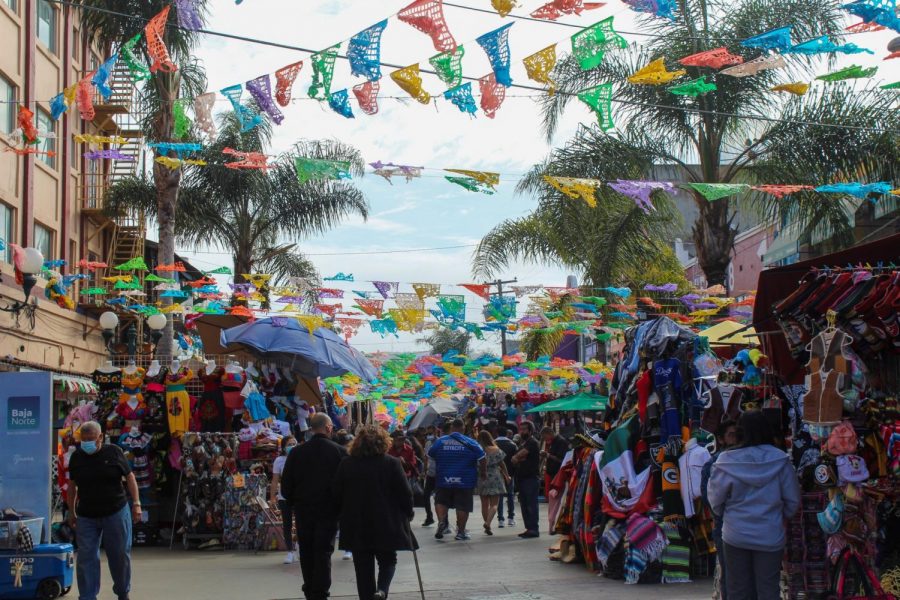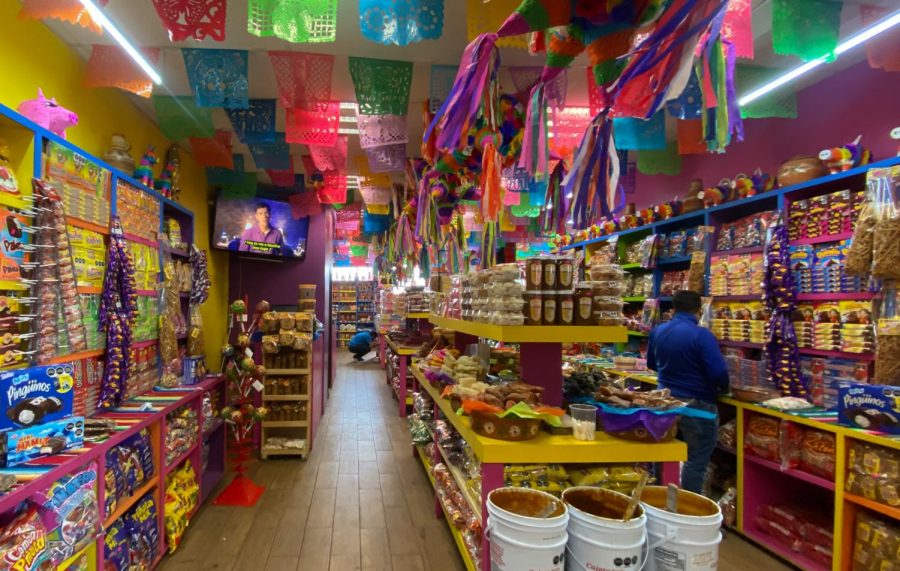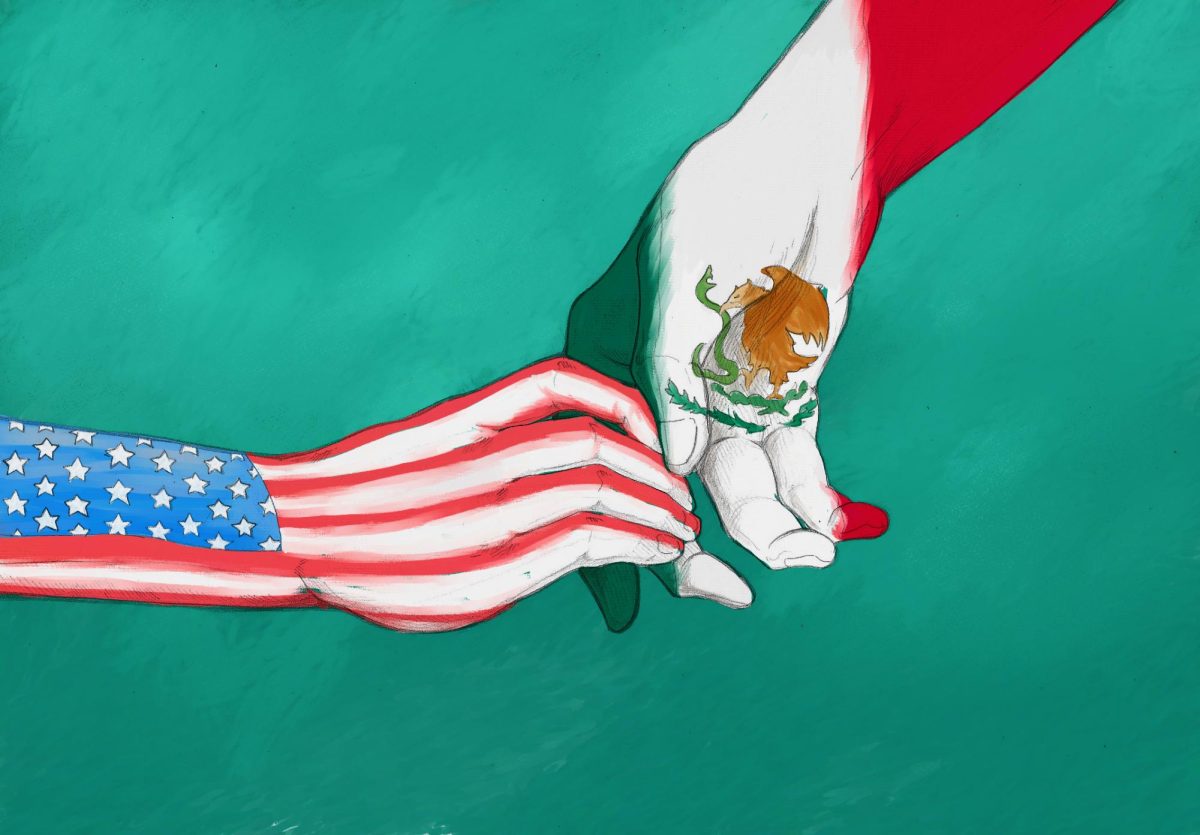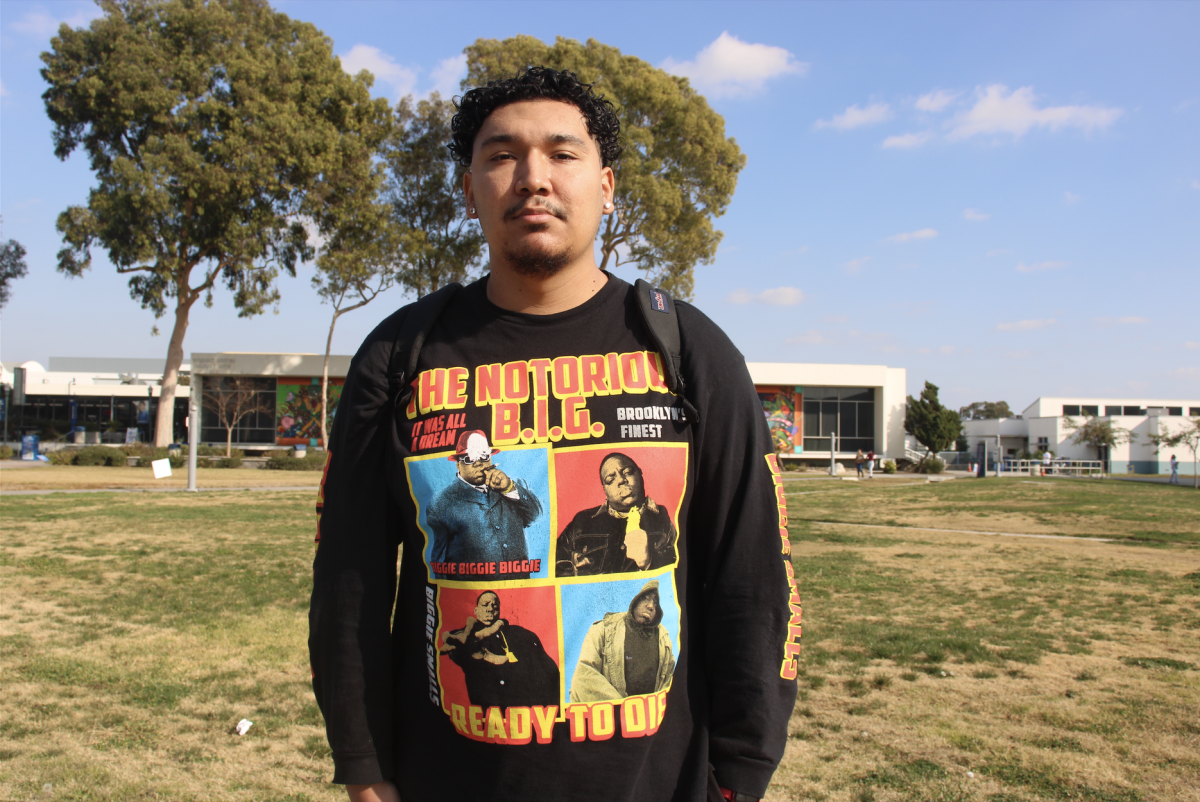The U.S. State Department has long warned travelers to beware of cities along the border in Mexico, but humble towns like Tijuana offer an unparalleled taste of culture that is begging to be experienced.
According to the Citizen’s Council for Public Security and Criminal Justice, Tijuana is considered to be the most dangerous city in the world. While this violent picture that has been painted holds some truth, there is a lot more to this border city and the people in it.
Just shy of a three-hour drive from Southern California, Tijuana is the westernmost city in Mexico, and Latin America, and is the second-largest city in northern Mexico.
Often nicknamed as the “Gateway to Mexico,” it serves as the last stop before those making their journey to America attempt to cross into the neighboring city of San Diego, California.
Throughout the city, people will find the phrase “Aquí empieza la patria,” a motto that describes Tijuana as the place where the homeland begins.
A delightful taste of Mexico, it offers mouthwatering cuisine, unique shopping and modest but breathtaking views nestled in the hills and canyons of the region.
Tijuana boasts various tourist attractions such as Plaza Santa Cecilia, on the corner of la Calle Segunda and Av. Constitución, where people can find classic Mexican souvenirs and keepsakes, charming dining options, live mariachi bands and festive cantinas.
In recent years, the growing tourism industry has attracted many new businesses to open up in the bustling city. Food enthusiasts can find gourmet coffee at places like Praga Café Bistro, or great food and craft beer at the gastropub Telefónica Gastro Park.
For those that are into more traditional Mexican food, places like Las Ahumaderas offer authentic street tacos that are both delicious and ridiculously affordable. These tacos alone are a good enough reason to make the trip out to Tijuana.
History and culture fans can learn all about Tijuana’s unique history at the Tijuana Cultural Center and Museo de las Californias. Although the museums are currently closed due to COVID-19, the center hopes to open its doors and welcome visitors from all parts of the world again soon.
Travelers that are looking for nature hikes and city skyline views will also be pleased to find urban trails in the hills and granitic mountains that surround Tijuana.
Cerro Colorado, or Colorado Hill, is the highest elevation in Tijuana and locals and tourists alike hike the moderate trail for scenic views of the city.
Along with the booming tourist attractions, the unique border town also offers food for the soul.
Migrants from all over Mexico, Central America and other parts of the world have made Tijuana their temporary home, as they hold on to the dream of crossing the border one day.
Sadly, it is also a place where many of these journeys come to an end.
For people like Miguel Robles, a deportee, Tijuana is now a permanent home.
Robles, originally from the state of Hidalgo, ultimately decided to make it his home after tighter border controls prevented him from crossing into the US again.
He now sets up a daily shop of souvenirs in front of Undocumented Café & Arts located in Playas de Tijuana.
Playas de Tijuana, or beaches of Tijuana, is bordered by the Pacific Ocean to the west and California to the north.
The shores of the beach attract many who want to visit El Parque de la Amistad, or Friendship Park, where visitors can admire the art and messages left on the wall that creates the physical border between the United States and Mexico.
The vibrant art is a beautiful, but somber, reminder of the dreams many hold to one day cross into the United States.
Robles said the café was originally a project built to serve free coffee to migrants, deportees and asylum seekers that arrive in Tijuana.
Since the pandemic, they have been unable to continue with the project but are optimistic that as the borders re-open and tourism returns, they can resume their mission.
Robles and countless other residents like him hope that people’s opinions of the city start to change and that more tourism can help them achieve their goals.
The toasty coffee once provided for those in need is a powerful symbol that represents the welcoming warmth many ‘Tijuanenses’ radiate.
The U.S. Department of Homeland Security is set to review the temporary closure of the US-Mexico land border that allows passage into Tijuana on April 21, 2021.













Dean • Aug 23, 2021 at 2:53 pm
Can a US citizen now walk across the border into Tijuana? I want to take a bus from Tijuana to Guadalajara I don’t fly!